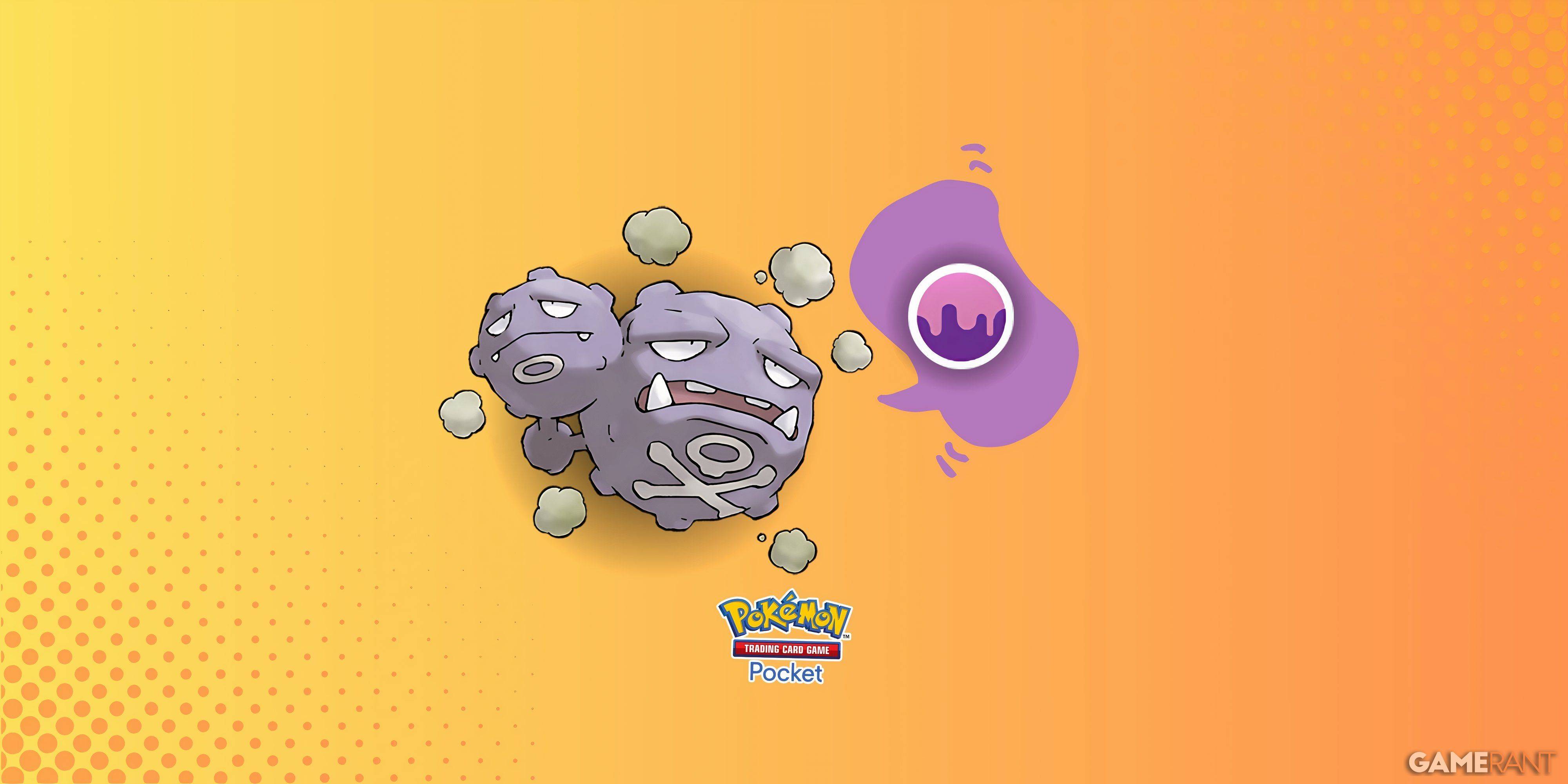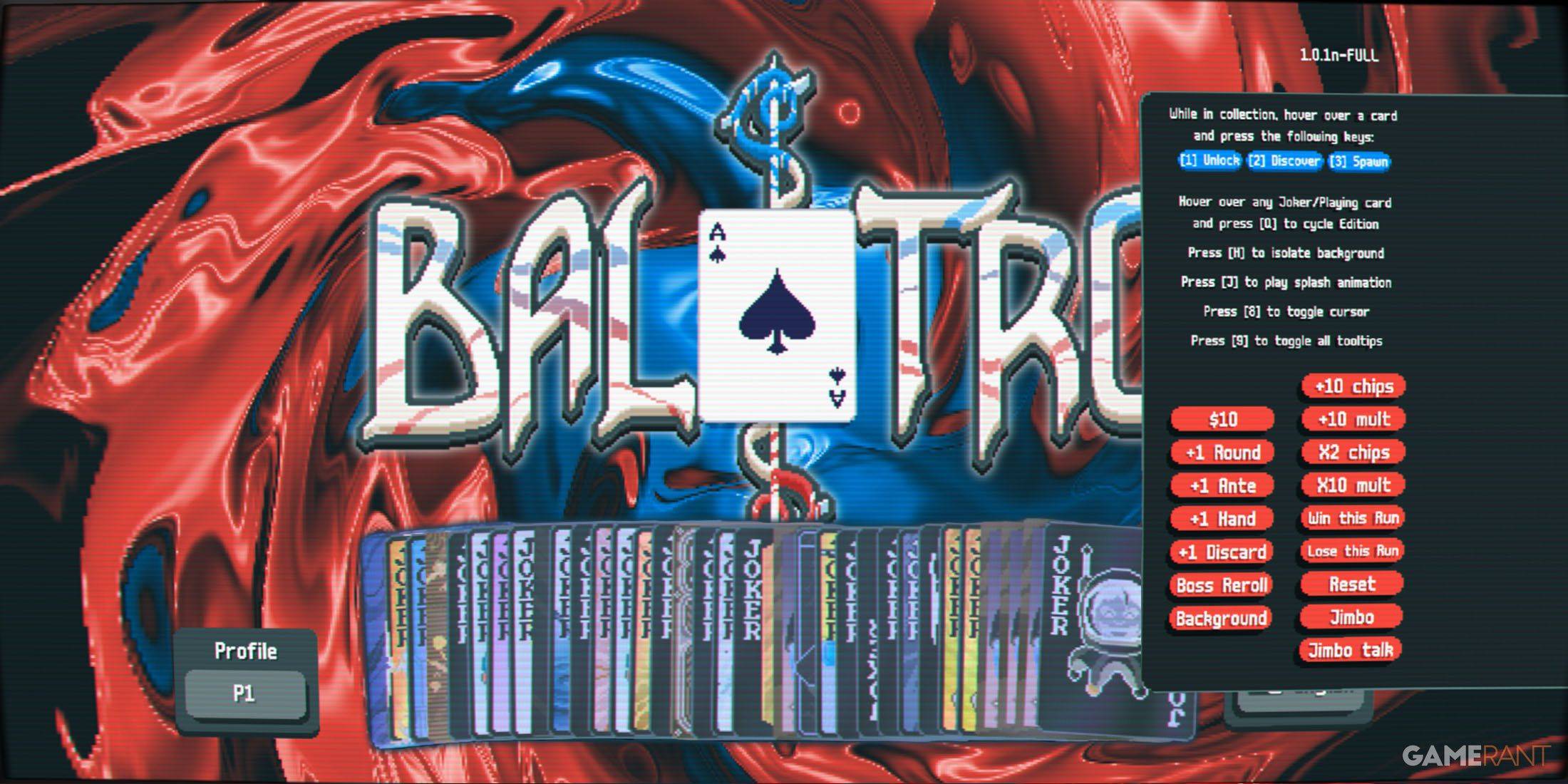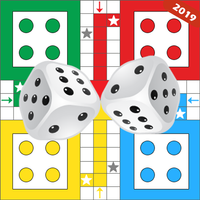"AAA" Label Deemed Silly by Many Game Developers, Industry Called Inefficient

The term "AAA" in the gaming industry, once synonymous with high-budget, high-quality projects with low failure rates, has lost its relevance. Now, it's seen as a symbol of a race for profits that often comes at the expense of innovation and quality. Charles Cecil, co-founder of Revolution Studios, has called the label "silly and meaningless," reflecting a broader sentiment that the industry's shift towards massive investments by big publishers hasn't been for the better.
"It's a silly term, it's meaningless. It's a legacy of a time when things were changing, but not for the better," Cecil remarked. This sentiment is underscored by examples like Ubisoft's "Skull and Bones," which was ambitiously labeled a "AAAA game." Despite a decade of development, the game's failure highlights the pitfalls of such grandiose labels.
Major publishers like EA have also faced criticism for prioritizing mass production over catering to audience interests. In contrast, indie studios are making waves with projects that often leave a more significant impact than their "AAA" counterparts. Games like "Baldur's Gate 3" and "Stardew Valley" prove that creativity and quality can outweigh even the largest budgets.
The focus on profits is believed to stifle creativity, as developers become reluctant to take risks, leading to a decline in innovation within big-budget games. The gaming industry needs to reassess its strategies to rekindle player interest and inspire a new generation of creators.
Latest Articles




![Taffy Tales [v1.07.3a]](https://imgs.anofc.com/uploads/32/1719554710667e529623764.jpg)


























